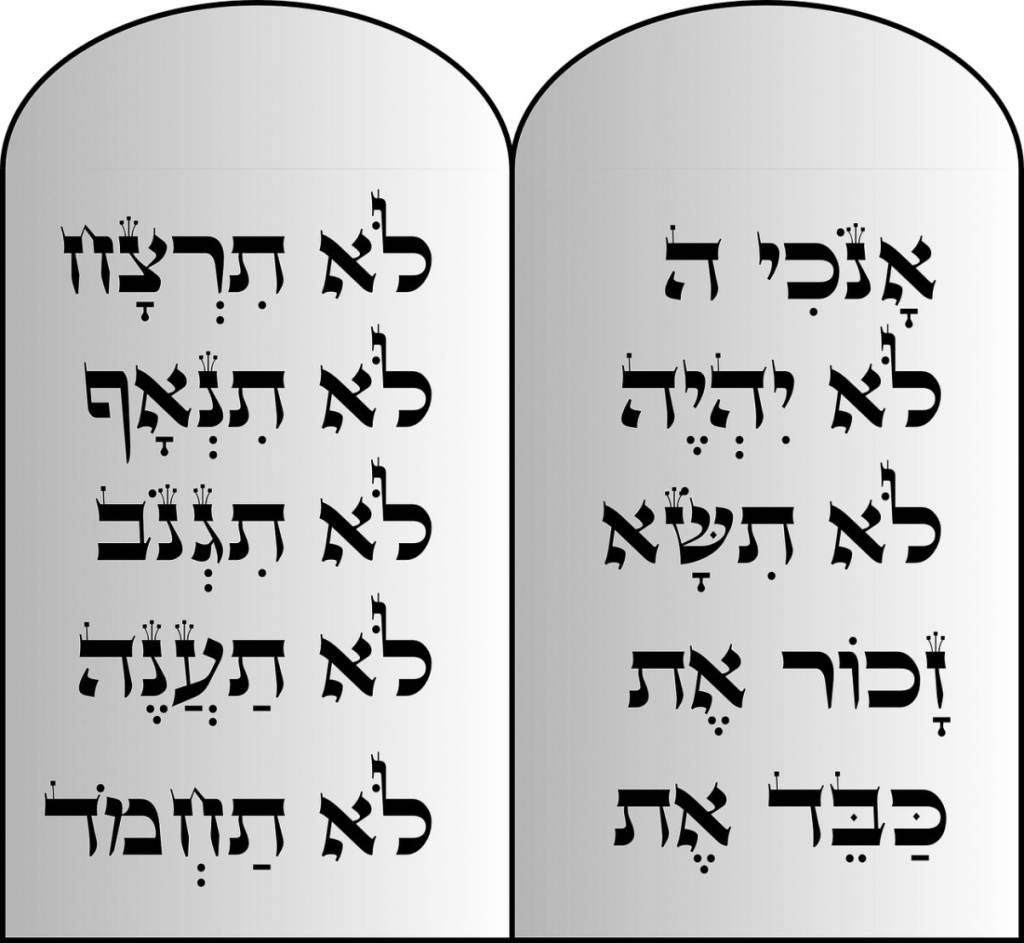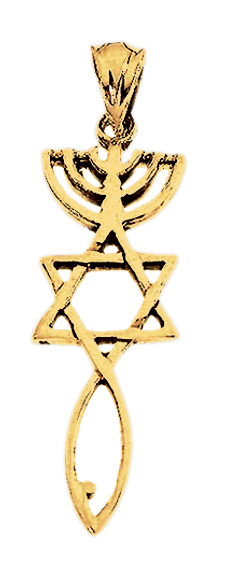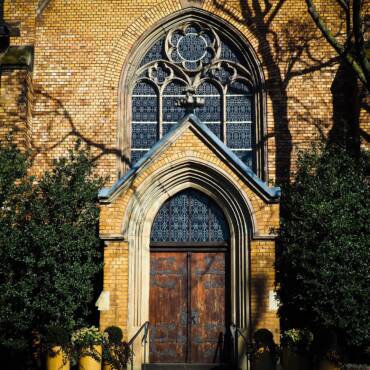Shavuot – The Feast of Weeks

By Sam Nadler
Of all the three major pilgrim festivals, Shavuot (Pentecost) is unique. The word “Shavuot” actually means “Weeks.” Why is it called this? It is not because the festival lasts for many weeks! Rather, it is called the Feast of Weeks because of the way you find out when it is to be celebrated. Unlike Passover and the Feast of Tabernacles, the Feast of Weeks is dateless. In order to celebrate Shavuot you had to count “seven weeks” from the “day after the Sabbath” of the Passover, and the next day, the fiftieth day, would be Shavuot (Leviticus 23:15-16). Israel was to count fifty days so that in order to celebrate Shavuot they would never forget Passover.
May it never be that Israel would reckon itself from the giving of the Law and not from the true foundation of their life as a nation at Passover.
Remembering the Redemption
Passover is to be the foundation and head of the year (Exodus 12:2). It celebrates Israel’s redemption from bondage and redemption is the foundation of our salvation. Thus, the foundation of Israel’s redemption was provided only in Passover, not Shavuot. Every year as Israel counted the weeks from Passover to Pentecost they remembered that their redemption as a people was found in the Lamb of Passover. Likewise, we are never to forget our Messiah who gave His life for us and with that, the unspeakable riches of our new birth in Him.
Like Israel’s redemption from bondage, our foundation of faith as believers in Messiah Yeshua is forever tied to Passover and our redemption in the Lamb of God. We are not firstfruits to God just because we look to the Holy Spirit, but when we look to Yeshua as the true foundation for our spiritual lives. Through Him we are a firstfruits offering, for God’s use only (Romans 8:29).
Giving of the Law of Moses
For the traditional Jewish community, Shavuot was first celebrated around the time of receiving the Torah at Mount Sinai, about fifty days after leaving Egypt (Exodus 19:1). Therefore, Shavuot is called “The Season of the Giving of the Law.” It is also considered the spiritual birthday of Israel since the Torah brought twelve tribes together into one corporate people. From Shavuot’s fulfillment in Acts we can also call it, “The Season of the Giving of the Spirit, since the Holy Spirit makes all believers, from many tribes, into one family in Messiah.
Luke, the writer of the book of Acts depicts the events of Acts 2 as a second “Mount Sinai experience.” When the Law was given, there was fire and noise as God descended on Mount Sinai (Exodus 19:18-20). When the Spirit was given, there was fire and noise as well (Acts 2:2-3). The rabbis comment in the Talmud that when the Torah was given at Mount Sinai, “Every single word that went forth from the Omnipotent was split up into seventy languages for the nations of the world” (1Sotah 32a,36a, Shabbat 88b). When the Holy Spirit was given, men from every nation spoke in other languages as the Spirit enabled them: “Now there were Jews living in Jerusalem, devout men from every nation under heaven” (Acts 2:4-5).
This true fulfillment of Shavuot is also depicted in contrast to when the Torah was given at Mount Sinai. While the people waited for Moses to return down from the mountain, an almost incredible chain of events began to transpire. Now the Israelites had just witnessed the ten horrendous plagues upon Egypt, the opening of the Red Sea and the supernatural revelation of God at Mount Sinai. We had seen God work awesome wonders. In light of these events, the following verses are almost unbelievable.
“Now when the people saw that Moses delayed to come down from the mountain, the people assembled about Aaron and said to him, “Come, make us a god who will go before us; as for this Moses, the man who brought us from the land of Egypt, we do not know what has become of him.” And Aaron said to them, “Tear off the gold rings which are in the ears of your wives, your sons and your daughters and bring them to me.” Then all the people tore off the gold rings which were in their ears and brought them to Aaron. And he took this from their hand and fashioned it with a graving tool and made it into a molten calf; and they said, “This is your god, O Israel, who brought you up from the land of Egypt” (Exodus 32:1-4).
Tired of waiting for Moses, the people sinned by committing idolatry with a golden calf. Moses did make his way down the mountain, but by then, the party was in full swing. Upon Moses’ arrival, God’s verdict upon their sin was read and the party was over. Sadly, judgement came at the giving of the Law, revealing the disastrous consequences to the idolaters’ decisions:
“Then Moses stood in the gate of the camp and said, “Whoever is for the Lord, come to me!” And all the sons of Levi gathered together to him. And he said to them, “Thus says the Lord, the God of Israel, ‘Every man of you put his sword upon his thigh and go back and forth from gate to gate in the camp and kill every man his brother and every man his friend and every man his neighbor.'” So the sons of Levi did as Moses instructed and about three thousand men of the people fell that day” (Exodus 32:26-28).
Giving of the Holy Spirit
Lest we forget, sin has a terrible end: 3,000 people died at the giving of God’s righteous and holy Law. What a difference when Shavuot was fulfilled and the Holy Spirit (Ruach HaKodesh) was given. We read in Acts 2:41, “So then, those who had received his word were immersed; and that day there were added about three thousand souls.” When the Spirit was given there were 3,000 people redeemed and made spiritually alive in Messiah. The Law reveals sin that condemns us, but the Spirit reveals the Savior who saves us. Happy Birthday, Body of Messiah!



